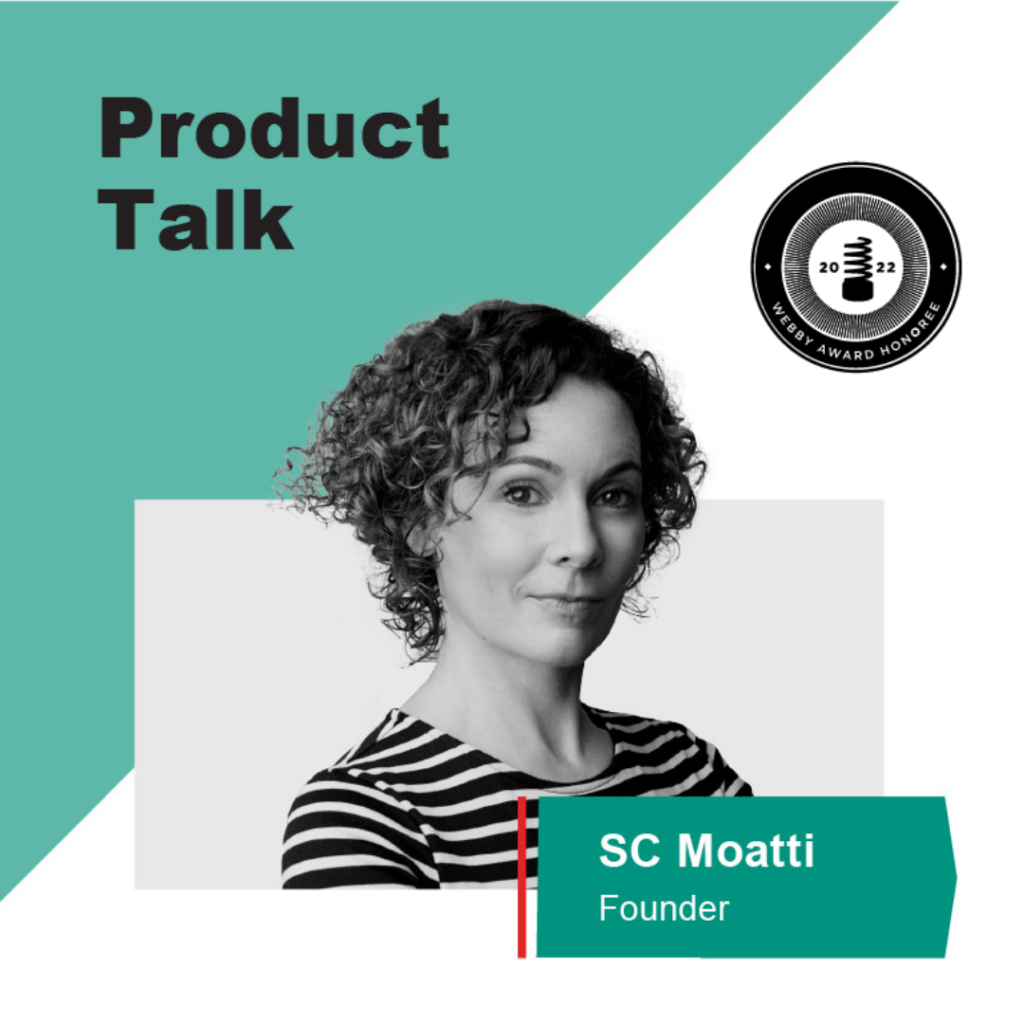How do you scale with software and services? Turns out, that is a tricky question. Here is episode three in our podcast series hosted by the 2023 Awards Advisory Board. In this episode, Fidelity Investments VP of Product Management Alex Westner interviews two product leaders from Forecastr. The two guests are Forecastr’s Head of Product Zack Pennington and Fractional CFO Evan Diaz de Arce. They discuss their financial modeling software and the accompanying services. If you’re a PM thinking about scaling software and services, listen up!
Subscribe to the Product Talk podcast on Spotify and Apple Podcasts and catch every conversation with leading product executives. New episodes go live every week. Episodes in the Product Industries to Watch Series drop on Wednesdays.

On software and services
Alex kicks of the podcast by introducing the software and services model of Forecastr. He says, “They provide financial modeling for startups and also new initiatives inside larger companies. I became a customer through my startup, because I needed to do some financial modeling. And as many of you know, working in Excel is fine, but it can be really clunky and error prone. So I found this great tool that does financial modeling as intended, kind of custom and specific for this goal. It’s fantastic.
“But while I was learning about the product, I also learned that for additional monthly fees in my subscription model, I could also add an analyst or even a fractional CFO. And I thought that was just super fascinating. That was what got me started exploring this new business model of what I’m calling software and a service. That’s why I’m excited to have Evan and Zack from Forecastr talk to us about this model and how it works for them. And how it goes way beyond what you see from the surface.”
On KPIs from a services perspective
Evan says, “From a services perspective, we try to keep the KPIs fairly simple. There’s important things around making the customers happy, right? So you can do like an NPS score. We look at usage. What percentage of our customers do we consider active, meaning that they’re logging in. They’re updating their information in the app, things like that.
“But all of that is really just a proxy. The important thing is, are they sticking around? Are they churning? The big ones for me are: are we getting new customers? Is there enough demand in the market to draw people in? Are we having high churn? You know, we’re a finance company. So we always look at margin. So for us, margin, things like our bandwidth.
“We’ve talked about all the upside of services. But the downside of services, and being very high touch, is that it’s not quite as scalable as just pure software. So, you know, we have to manage the bandwidth of our analysts. How many onboard things can they do? How many customers can they support? My bandwidth is the same thing. How many clients can I work with in a month? All of that is really the main components.”
On wanting users to spend less time in the app
Zack says, “There’s lies, damned lies, and statistics. That is a cliche. And what I mean by that is if I believe that the amount of time that someone spends in the app. Higher is better, right? Facebook probably has a metric like that. Or Netflix, or YouTube, or whoever. I could do things to make people stay in the app longer. Or I can make it slower.
“I could literally just make the app slower, and then be like, hell yeah. Our usage data just went up. But people want answers. They’re not like, Oh, I can’t wait to sit in Forecastr for three hours today, right? That’s not what they’re coming to us for. And so I actually have a metric that’s time spent in the app, and I want it to be lower. I want people to be on our app, like, once a month for 30 minutes. That’s my personal goal, right? Because if they are, that means we did it right. We built the thing. It’s sustainable. It’s self updating. It makes good decisions. It helps you.”